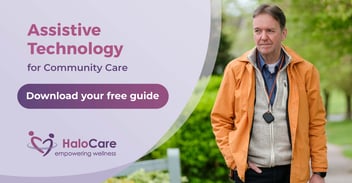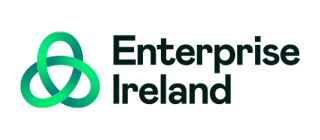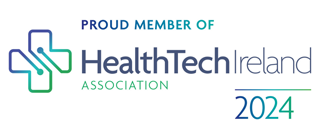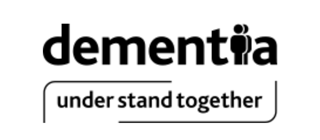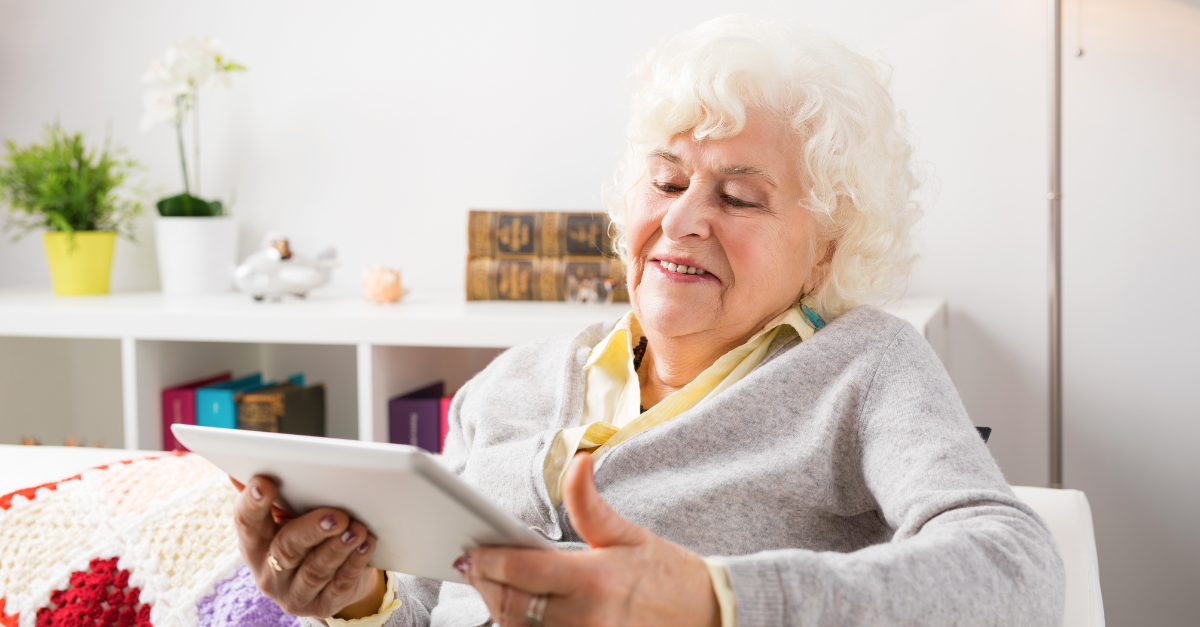
Smart Technology is the term that refers to any device that uses artificial intelligence (AI), data analysis or machine learning to operate and provide a service. Digital technology has been deployed across all aspects of healthcare to raise the standard of care, improve processes and even to assist with areas such as research and development.
Examples of Smart Technology in healthcare include;
- Virtual Reality (VR); Patients can experience what an MRI scan may feel like using VR, so they know what to expect from an actual MRI scan, helping to combat any nerves a patient may have, which results in a better patient experience on the day.
- Robotics; In hospital settings we have seen the introduction of robotics for example, greeting the patient and escorting the patient to their room to assist with clinical prioritisation or even in surgery where precision is required.
- Telehealth/Telecare; Telecare is often defined as any form of technology that enables clients to be able to live independently and safely from the comfort of their own homes.
How has Smart Technology been implemented in healthcare settings?
During the outbreak of COVID-19, the use of technology in healthcare rapidly increased, but using technology to enhance the healthcare industry is not a new phenomenon. Below are some examples of technology being incorporated into healthcare across the HSE and NHS as they look to utilise technology to drive efficiencies and improve the care they offer;
The HSE ePrescribing Project was originally one of the key fundamentals of the National eHealth strategy (2013) to improve efficiency within the health services in Ireland using technology.
The vision for the National ePrescribing Project is to establish a single source of truth for prescribing and dispensing information for every patient, so that everything is in one place. The HSE is currently engaging with prescribers, pharmacists and patients to roll out the new central ePrescription service.
Social Prescribing is the process where a patient will be referred onto a non-clinical service by a link worker. The purpose of Social Prescribing is to encourage people to take care of their own wellbeing. NHS England, as part of the NHS Long Term Plan, have a goal that by 2023/24 at least 900,000 people will have been referred to social prescribing. This is part of the drive to universal personalised care that will see at least 2.5 million people benefiting from personalised care by 2023/24.
HaloCare is a leader in Smart Technology within the healthcare industry and works closely with healthcare workers to improve our client’s care.
Benefits of HaloCare Smart Devices
At HaloCare, we want to support the individual's journey to living independently with respect and dignity. We invest heavily in our technology to provide the best experience for our clients and their Circle of Care. HaloCare devices;
- Allows the individual to live with privacy and dignity; HaloCare Smart Devices do not use cameras to ensure the client can live at home with the utmost privacy and dignity. They use AI to learn the individual's environment and has built-in motion detection, so the device can quickly detect if there’s anything out of the ordinary within the client's home such as if a client takes a fall or has left the house unexpectedly.
- Are bespoke to the individual's needs; HaloCare Smart Devices can be adapted to whatever the client needs, for example the individual or their Circle of Care can decide which household devices i.e. Fridge, kettle etc they may want to add the Smart Device to. This means client’s homes will only be fitted with devices that are needed and most important to them.
- Helps to reduce prolonged hospital stays; With Smart Devices in place, clients can feel more comfortable returning to home with the peace of mind that they will be able to live independently with the support of HaloCare.
- Keeps those vulnerable safe at home; For clients with compromised immune systems, living at home with Assistive Technology and Smart Devices in place is the safest way to avoid infection or additional risk.
- Offers a long-term solution; Living at home with a full-service solution maximises the client's independence and provides the best long-term solution towards supporting an individual with additional needs or who requires support with their daily activities of living.
If you are interested in finding out more about our HaloCare Smart Devices, you can get in touch with a member of the HaloCare team here.



